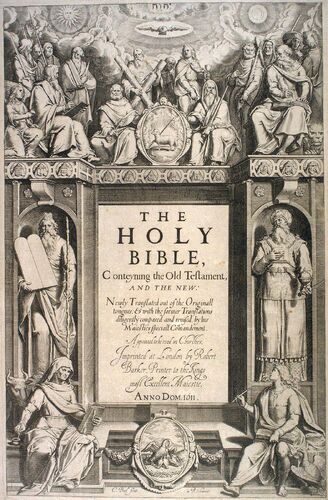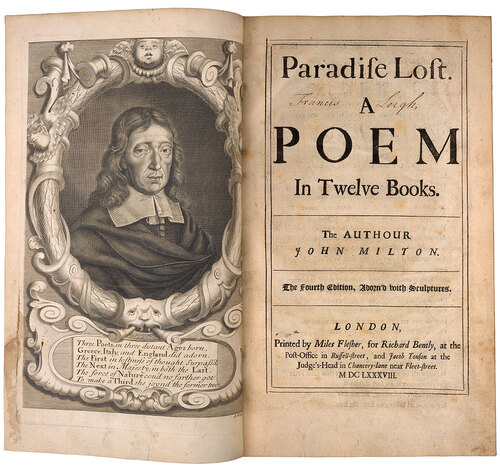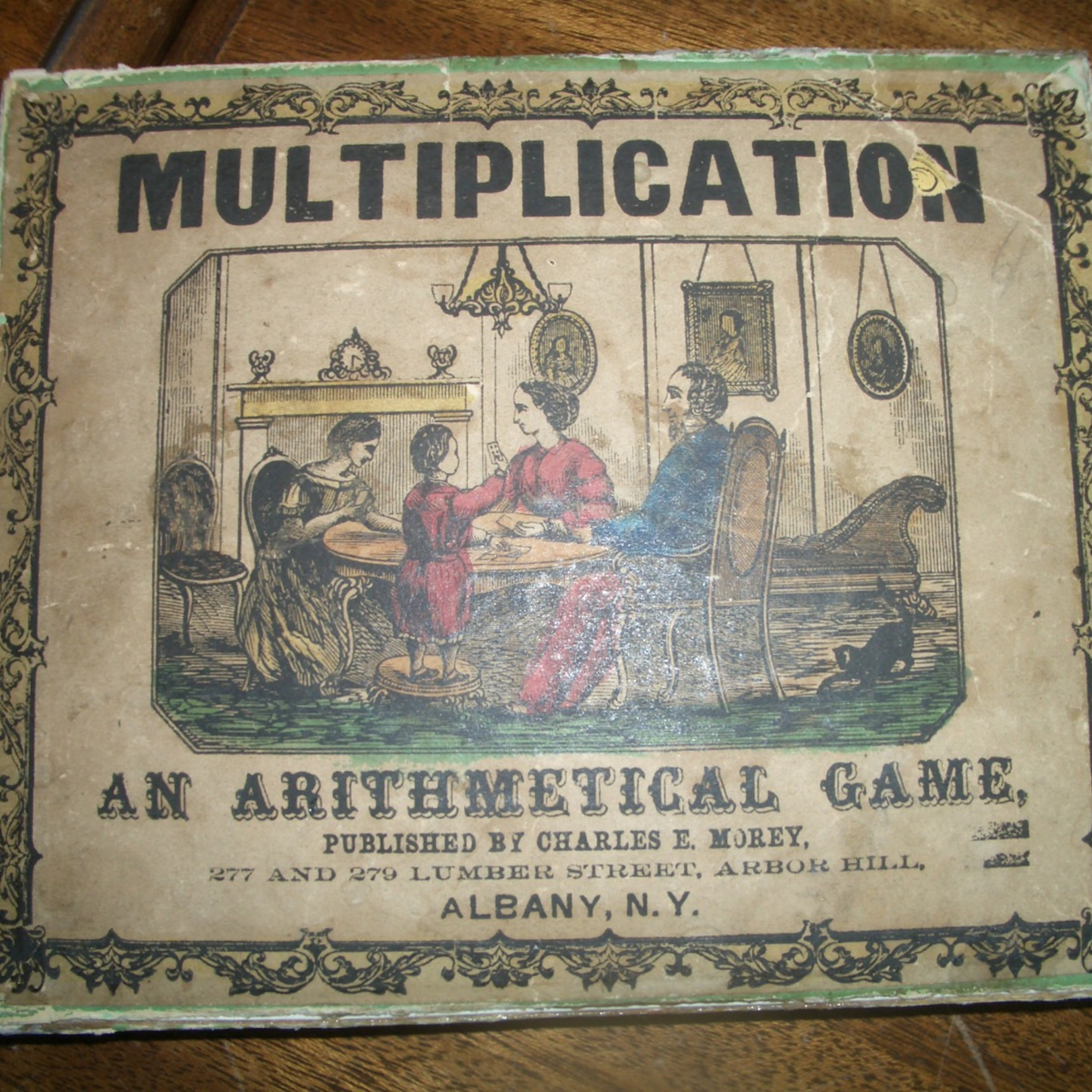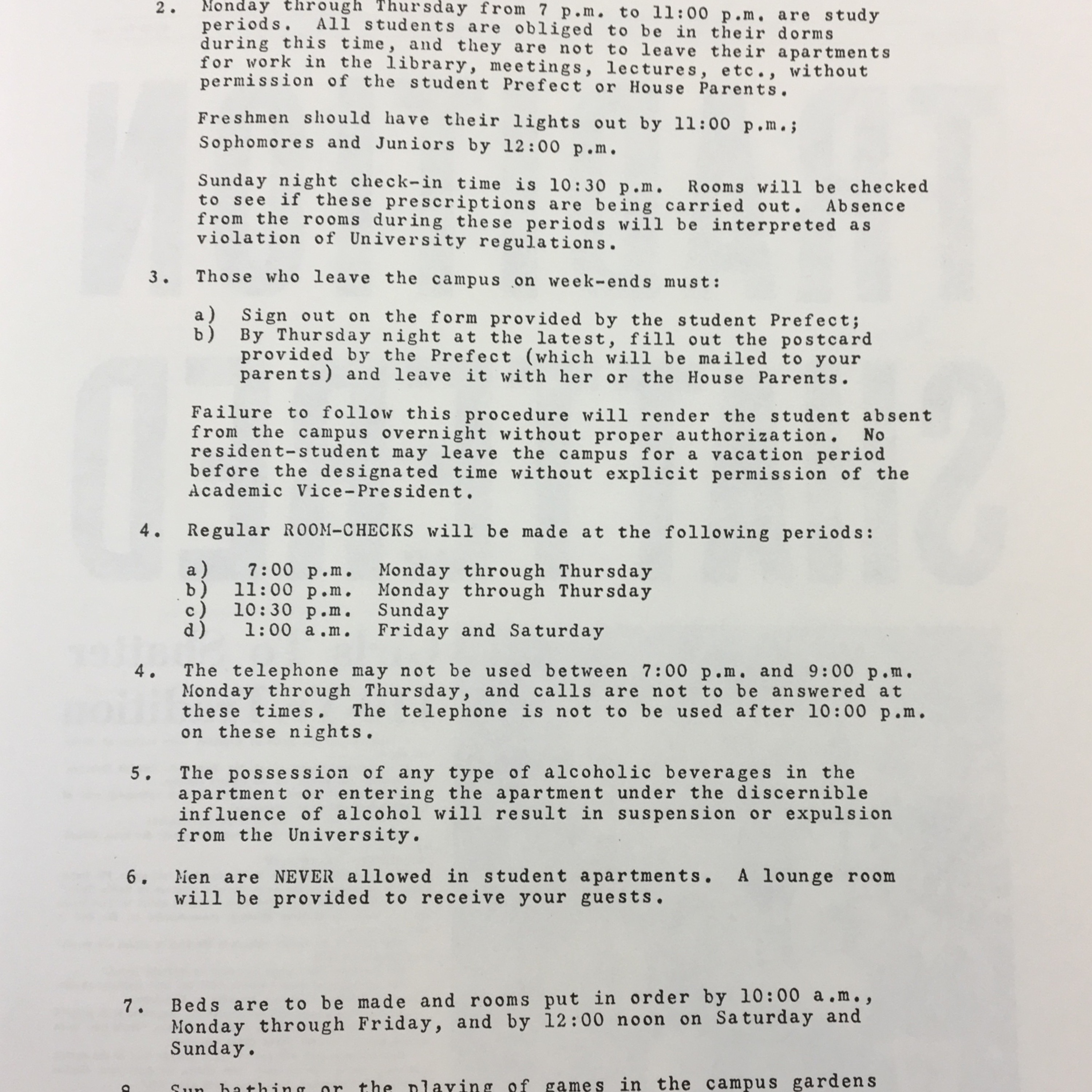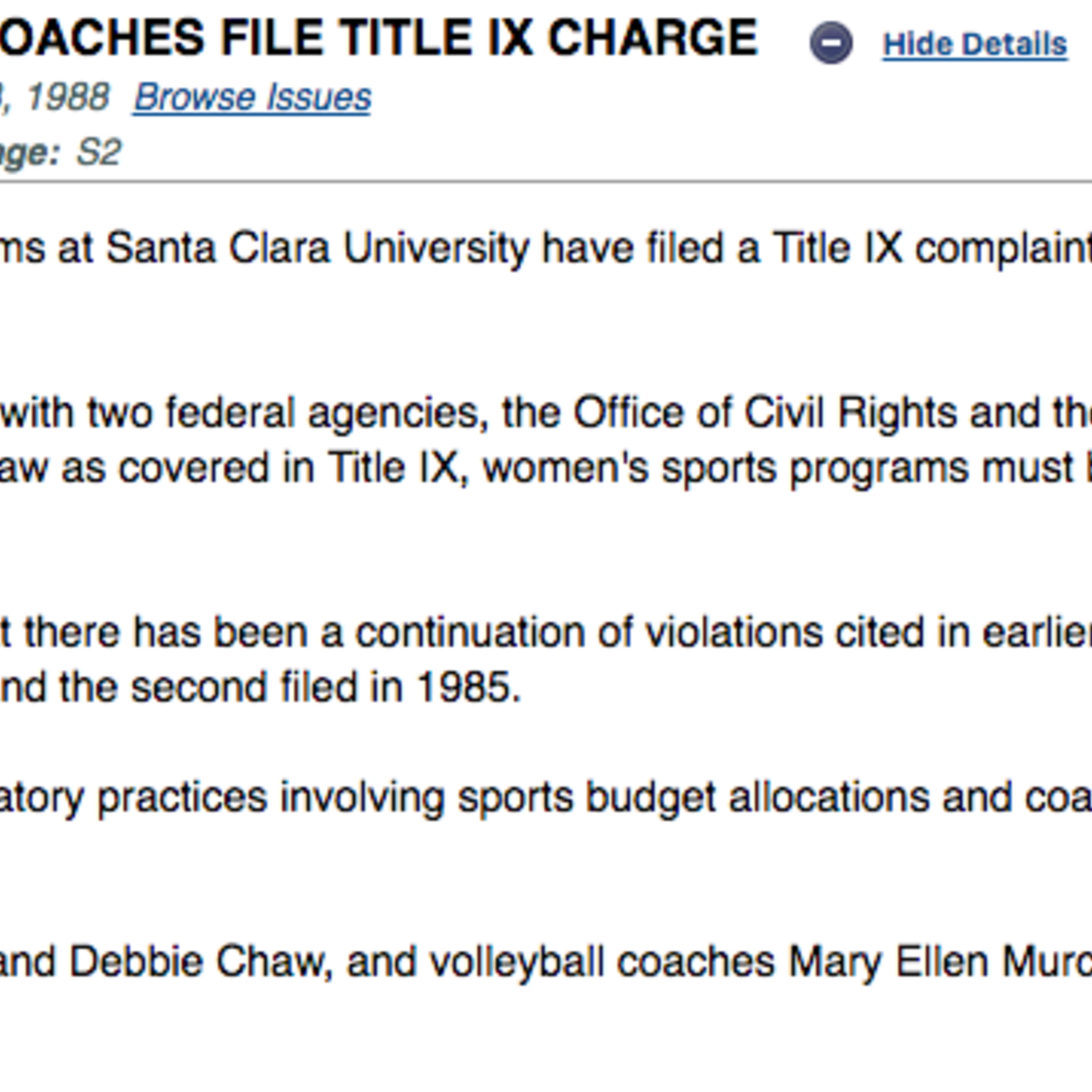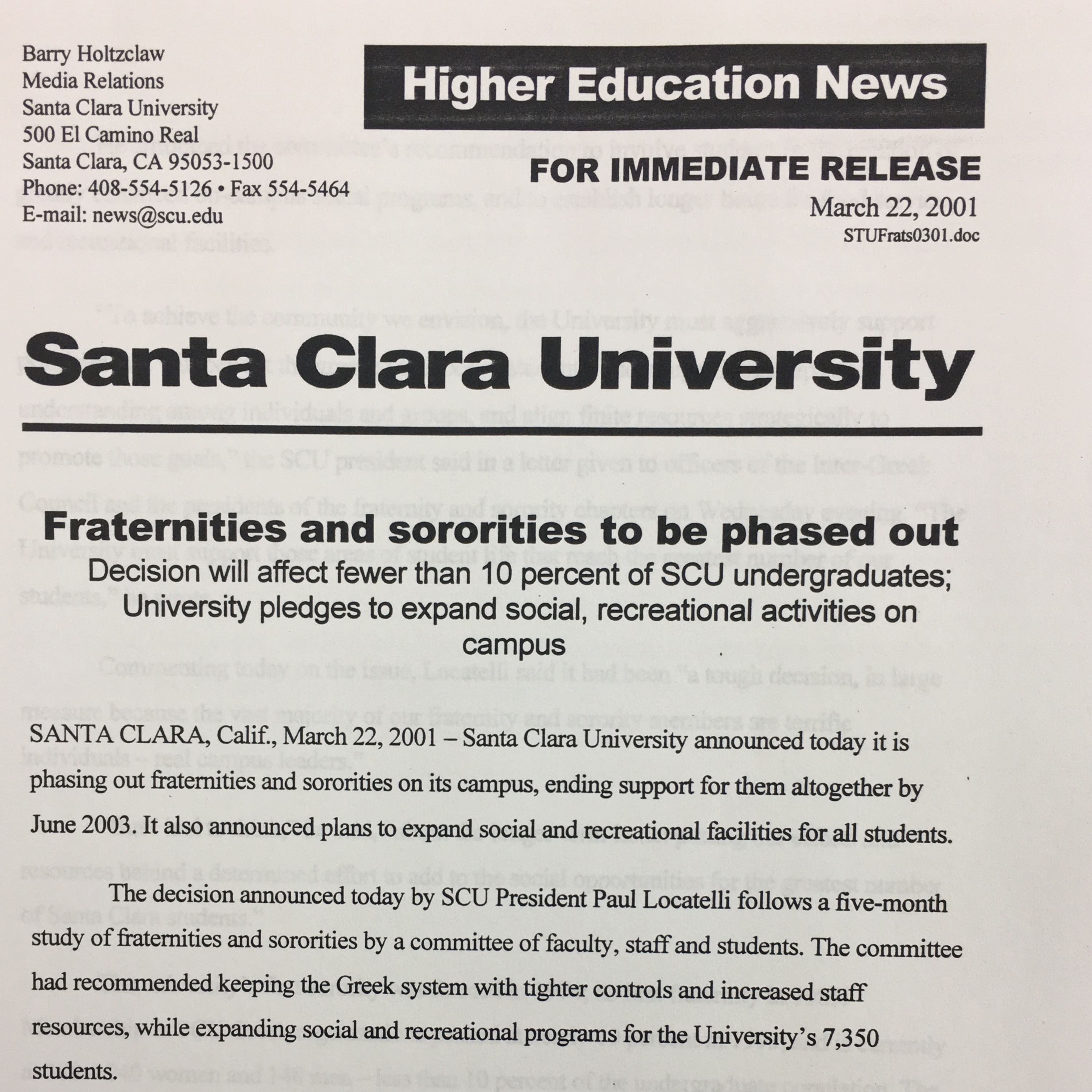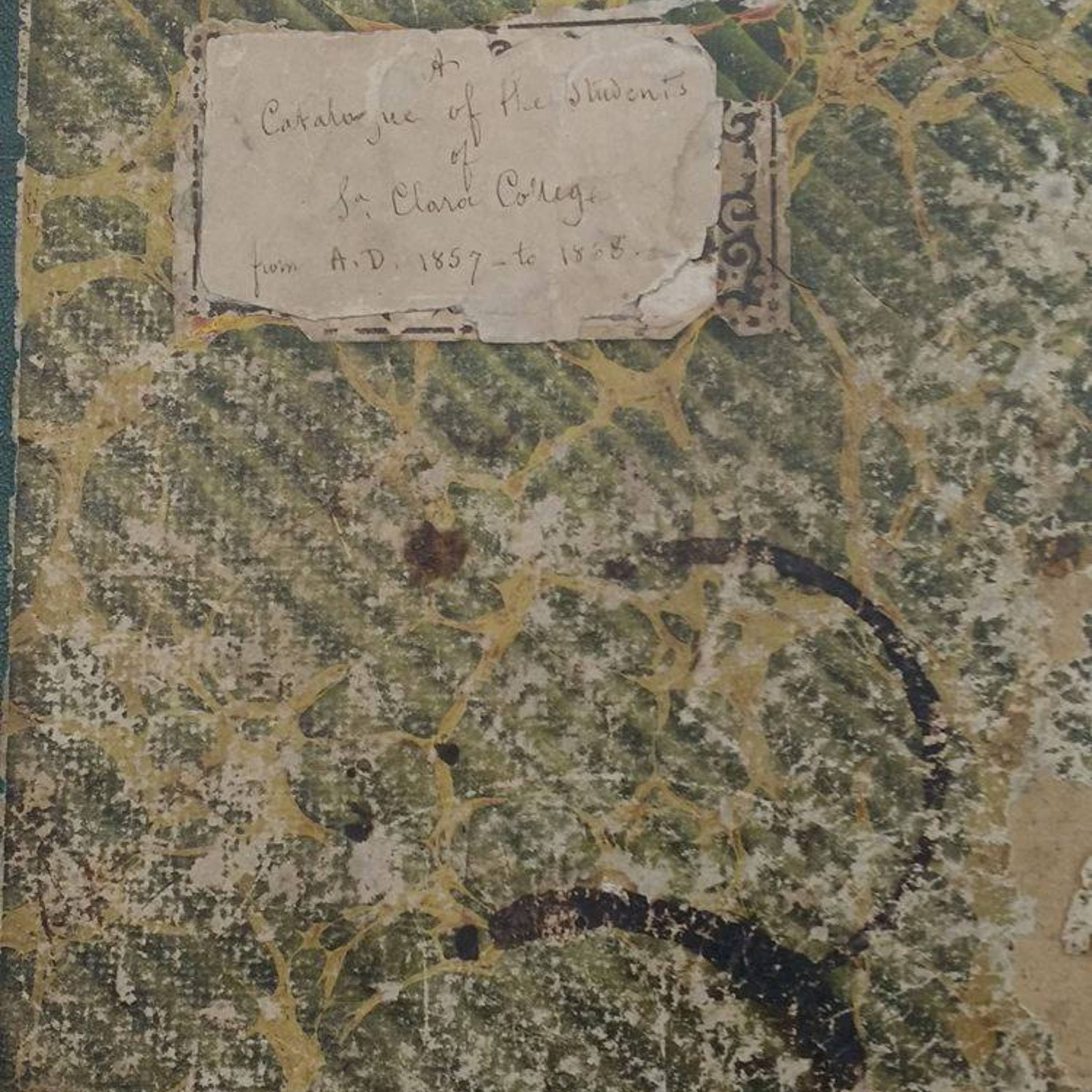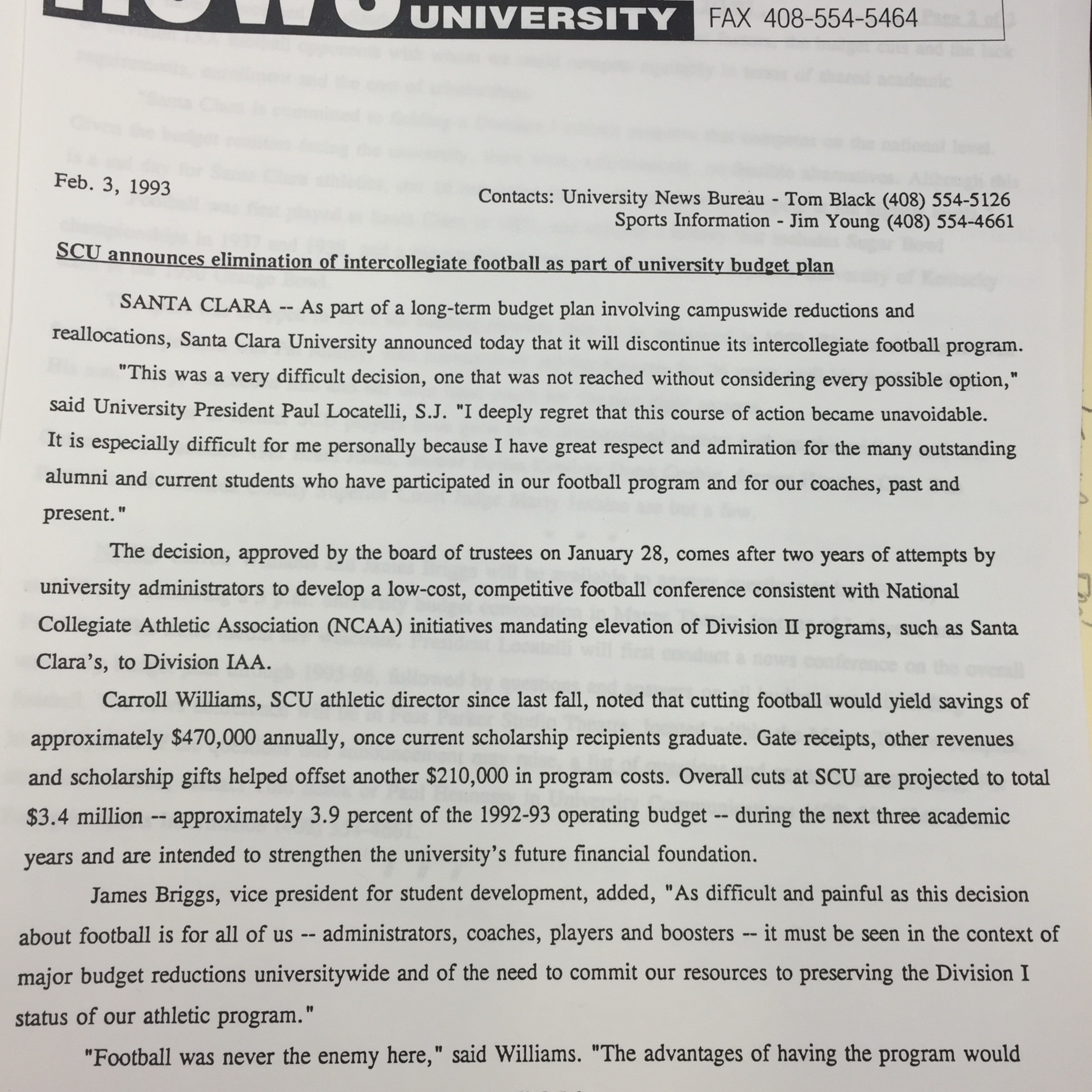Equiano & Contextualizing the Bible
Olaudah Equiano's Interesting Narrative, which details his life in both captivity and the freedom he eventually secures for himself, navigates the challenge of appealing to two distinct audiences. As a Black abolitionist, Equiano repeatedly appeals to the morality and logic of his sympathetic readers, grounding his arguments in his newly embraced Christian beliefs. Meanwhile, he also treads with extreme caution, tailoring these appeals to the dominant white audience who seemingly do not stand to gain or lose anything from the practice of slavery, emphasizing the teachings of the Bible in a persuasive way to strengthen his case.
With that in mind, as readers, we first need to contextualize the 18th-century relationship with the Bible that Equiano would have had and how it affects his various authorial appeals. Roxann Wheeler, a professor at Ohio State University, emphasizes the importance of viewing the Bible as a text that is equal parts political and spiritual (621). Furthermore, she writes that "its most significant aspect was that it gave rise to both radical and reactionary ideology," wherein the teachings of the Bible contradicted the Church of England's methods of handling slavery practices (Wheeler 621). In the case of Equiano, it is important for contemporary readers to view his religious appeals as performative in nature, identifying the "biblical structures and oratorical cadences" he uses to resonate with his audience.
One of the most striking ways in which Equiano blends his appeals without directly citing the Bible is through his inclusion of excerpts from Milton's "Paradise Lost," a poem interpreting Biblical events. He begins with an excerpt reading, "No peace is given to us enslav'd," incorporating his own interpretation of Milton's dual political and religious teachings to argue that the mistreatment of slaves does not benefit the white reader in any regard (Equiano 128). He explains that "by changing your conduct... every cause of fear would be banished," suggesting that if the enslaved were treated justly, they would be more amenable (Equiano 128). Although this may seem contradictory to abolition, it subtly introduces practices aimed at ultimately ending slavery.
Simultaneously, by referencing scripture, Equiano begins to equate himself with the reader, holding them accountable for actions outside the text. Jesse Molesworth, a professor at Indiana University, writes that through a combination of "sensitivity to the spoken word, the product of an African oral culture, with an absorption of Biblical mythology, the product of a Western literate culture," Equiano creates a "dual identity." This dual identity allows him to be performative with his speech, achieving a deeper resonance with his audience regardless of their stance (Equiano 123). This is notably evident when Equiano asks the reader to consider the "oppressor and the oppressed" as equal children of God, emphasizing that those who suffer are of particular importance to the "Savior" (Equiano 124).
Equiano's masterful blending of scriptural references, literary allusions, and performative speech not only bridges cultural divides but also compellingly holds his readers accountable, urging them to recognize the shared humanity and moral compulsion to end the injustice of slavery.
